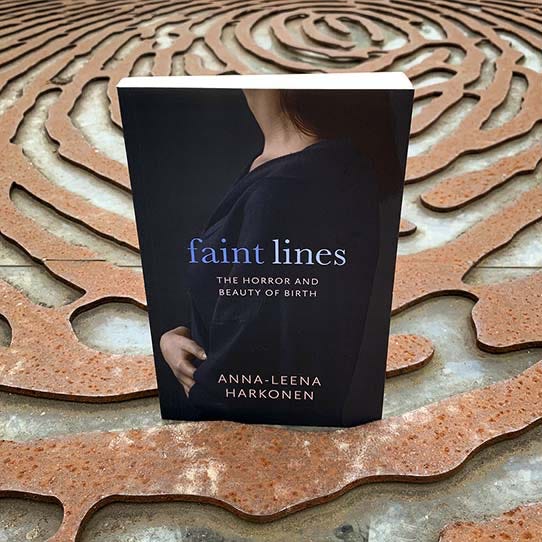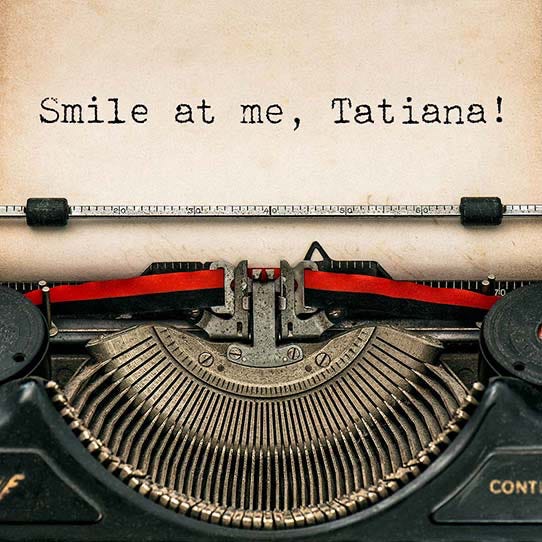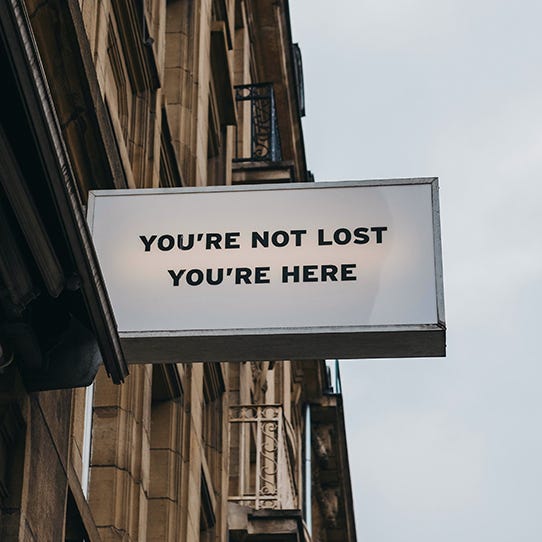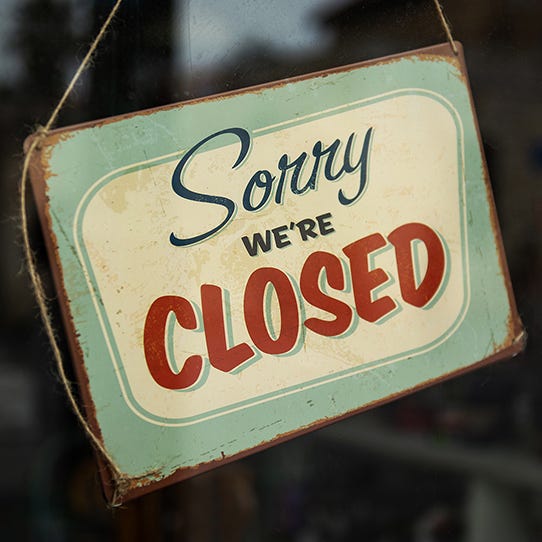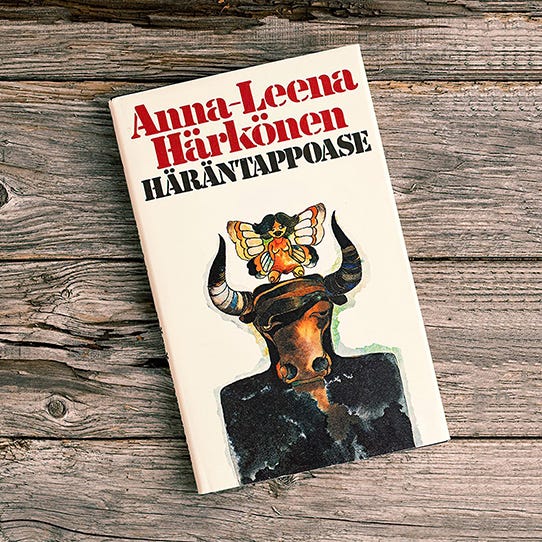Journal
The confines of creativity
I was once asked to speak about creativity at a seminar.
I was relatively young at the time, firm and unyielding in my beliefs, and had already been hardened and somewhat disillusioned by my profession. For me, writing—that is, creative work—meant suffering. “Not everyone is creative,” I proclaimed from the podium. “Raking leaves is not creative, no matter how creatively you try to approach it.” Continue >>
Myth meets reality
Faint Lines was the first of my books in which I wrote directly about myself. The threshold for writing was high: I wanted to write about postpartum depression honestly, but I was also aware of all the myths associated with motherhood. For example, it is taboo for a mother to admit to experiencing negative feelings, even hatred, toward her newborn. The book provoked intense debate, for and against. Continue >>
Smile at me, Tatiana!
As a little girl, I dreamed of walking into a library and seeing my name on the spine of a book on a shelf.
This dream was related to the library in particular: the local library was a second home to me. The nearest bookstore was far away, and we hardly ever went there.
I wrote my first “novels” at the age of ten. They had touchingly dramatic yet hilariously solemn names: Heart on the Sleeve and Smile at Me, Tatiana! Continue >>
Until we meet again
Life is made up of absurd situations. My friend and I were waiting in line to see the Wailing Wall in Jerusalem. Admission was through an automated gate, one person at a time. All of a sudden, Jesus appeared. A skinny young man with a beard, wearing a sand-colored kaftan. He jumped in line and nimbly leaped over the gate. I was dumbfounded. “Did you see that?” I asked my friend.
“Yes. He cut in line!” Continue >>
Kill your darlings
“Kill your darlings” is one of the most misunderstood pieces of advice. Many take it to mean that writers should remove the parts they love the most. The problem is that, when finalizing a manuscript, writers have already grown to love every single part the most. Manuscripts need to be edited in places, made more concise. In the process, writers lose sentences that are important to them. Continue >>
Senior discount
I was purchasing a ticket to the Archaeological Museum of Kraków. “Senior discount?” asked the man behind the ticket counter. “No!” I was wearing sunglasses and an angora beret. Perhaps I looked like a shrunken grandmother. “An archaeological museum,” I thought to myself, depressed. “This is where I belong.” Then my gloom and doom made me smile. But it’s inevitable, sooner or later: retirement. Continue >>
Our earthly belongings
We have a strange relationship with material things. Sometimes shopping brings consolation. Then again, we should not worship material things. Sometimes we should stop and appreciate what we already have. We all have items that we refuse to give away. Books are important, of course. I feel restless when someone has borrowed one of my books. It feels as though my child has not come home for the night. Continue >>
On the art of apology
When I married for the first time, I had not mastered the most important marriage skill: apologizing. Asking for forgiveness is much more difficult for young people than it is for older couples. I chose the silent treatment instead, determined not to forgive, not even if it killed me. What a wonderful foundation for a marriage. Disputes are complicated if you tend to think that you are never at fault. Continue >>
A healthy dose of solitude
I used to think there was something wrong with me. And there definitely is—but I used to think something was horribly and fundamentally wrong with me. But no: according to psychological tests, I’m a highly sensitive person. I diagnosed myself as a highly sensitive person with great delight, as my previous diagnosis for myself—that I am a nervous wreck—was much less compassionate. Continue >>
What did you just say?
I don’t think children mean any harm with their blunt comments, but a “No offense, but . . .” from an adult usually means that you are about to hear an insult masked as concern or caring. The same applies to “Don’t take this personally, but . . .” or “I’m telling you this as a friend.” Please. If you are being insulted personally, why shouldn’t you take it personally? And this “friend” is usually anything but. Continue >>
When Aino met Jean
I recently read a biography of Aino Sibelius, the wife of composer Jean Sibelius. The book included a great deal of the correspondence between Aino and Jean. I wasn’t expecting a book of this type to make me laugh aloud—or to sometimes irritate me. The old-fashioned language in their letters is fascinating. Indulging is a euphemistic expression for getting drunk with the buddies. Indulging was inspiring for the great composer. Continue >>
Sins of my youth
A while ago, I thanked a colleague for writing one of her novels. “Oh, that sin of my youth?” she said with a laugh, sounding slightly apologetic. A sin of her youth? The book is a beautiful work of historical fiction. I wonder why authors are so merciless about their older works. Admittedly, it would be strange if we read our books in a state of self-congratulatory euphoria—but we shouldn’t be ashamed of our earlier works. Continue >>
Wherever you are
I’m obsessed with the Titanic. I have several books about the ship on my bookshelf, and I have seen all the documentaries. Of course, I have also seen the 1997 movie—only twice, though. When I visited New York a few years ago, the high point of my trip was an exhibition about the Titanic. Artifacts found around the wreck were on display, along with photographs of the passengers and stories about their lives. Continue >>






